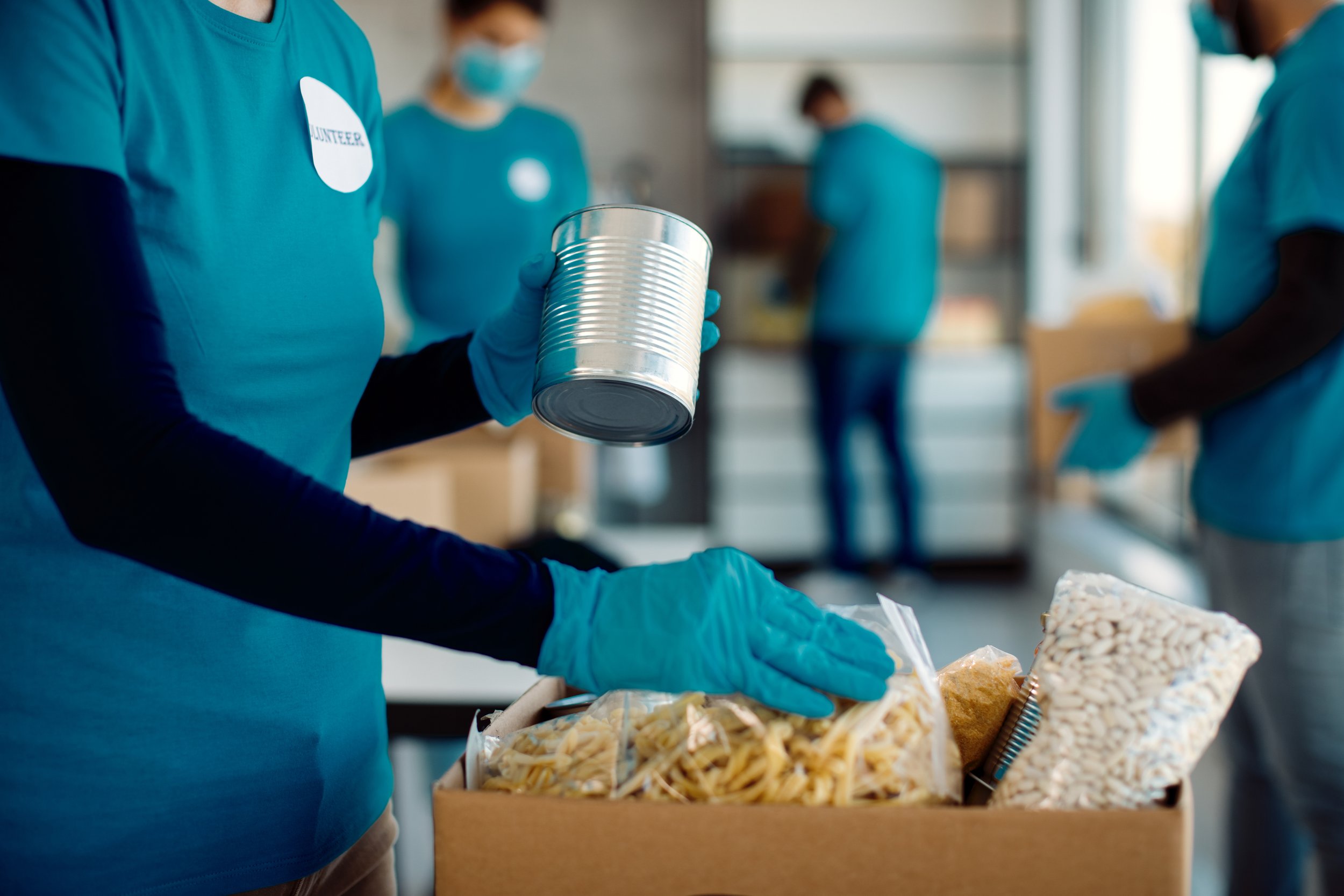The head and the heart of Food Distribution
The people of Canterbury are generous. We look out for each other. We jump in when we see a need. It’s our way, and we’re proud of it.
Canterbury boasts more foodbanks and food welfare groups than any other region in New Zealand. Kairos Food Rescue and other food rescue organisations are tasked with the responsibility of sourcing surplus food from a variety of suppliers so that it can be outsourced to the small groups doing the mahi.
We admit it. Kairos Food Rescue is selective about which of these groups to support.
How is that fair? What makes us choose one group over another? Why do we have to choose at all?
The need is usually greater than the supply
Foodbanks and food rescue organisations world-wide face the same core issue. The number of people needing food assistance exceeds the amount of rescued and donated food. This results in some tough choices in order to distribute food as fairly as possible.
For foodbanks, this oftens means they need to place restrictions. They may only distribute in their own neighbourhood. They may limit the number of times a recipient can use their services. It’s not that they’re being stingy or biased. It’s what they need to do to ensure that everyone can get fair access to what is usually a very limited food supply.
For Kairos Food Rescue, the limitations of supply mean we need to be selective in choosing which groups to support. We make a commitment to our participating food groups, and we are careful to not take on more than we can deliver. The truth is that there is just not enough food to go around, and we do not have sufficient resources to adequately supply all the groups out there.
So, with so many great organisations doing good work around the city and beyond, how do we choose who to support?
Food can’t be on sold. Ever.
This is something we feel very strongly about. We are grateful for our growing number of food donors. Supermarkets, farms and other suppliers donate their resources free of charge in good faith that it is going to where it will be needed. It is our responsibility to make sure that happens.
Kairos is diligent in ensuring that food that has been generously donated is never, in any way, sold to the public. We do not charge the food groups we work with. We do not charge for food that goes through the Free Store. We expect the same standard from the groups we work with. Yes, we know it’s difficult. We know there is often not enough food to meet the need. We deal with these issues ourselves. But charging those who are already in need is not the way to fix it and jeopardizes the generosity and goodwill of those who donate.
Dealing with the whole need
Through our experience in working with our own community, we have learned that the need for food is often merely a symptom of a deeper problem – unemployment, poor relationship with money, debt, addiction, physical or mental illness – the list goes on. While a bag of donated food may fill the need for the day, it doesn’t fix the real problem. Kairos networks with a range of service providers to help people deal with these core issues so they can get back on their feet. We call it a hand up, not a handout.
Additional services that might be provided or outsourced to networks may include:
Budget advice
Debt consolidation
Cooking classes
Health screenings, such as blood pressure checks, diabetes screenings or flu shots
Career counselling
Job training
Mental health and addiction counselling
Legal advice
Migrant assistance
Emergency assistance
We do not require that a food group applying for help from Kairos must provide additional services like these. Immediate needs like homelessness, hunger and feeding a family are very real issues and we applaud any group that is working to fill these needs. However, in selecting which groups to support, our decision is often weighted in favour of those that network to provide more comprehensive services to address underlying issues.
Food safety
We take food safety very seriously and hold the food banks we work with to a high standard. Participating food groups are expected to have access to adequate refrigeration and storage facilities to preserve food until it is distributed. With such limited supplies of available food for distribution, we need to make doubly sure that the food that leaves our premises continues to stay fresh and usable until it is safely in the hands of the people who receive it. There is just no room for waste.
Many individuals who rely on food banks may have compromised immune systems or pre-existing health conditions. Ensuring the safety of the food distributed is crucial to prevent foodborne illnesses, which can be especially harmful to vulnerable populations.
Summary
We really want to do it all, don’t we? Charity is all about heart. We see a need and want to do something. But to do it well, we also need to use our heads. We need to be responsible with what we’ve been given. We need to take the time to understand the reasons behind the need so that we can address it efficiently. We need to make choices to achieve the best outcomes. Responsibility is the not-so-glamourous side of charity, but it’s the engine that allows us to keep running.




